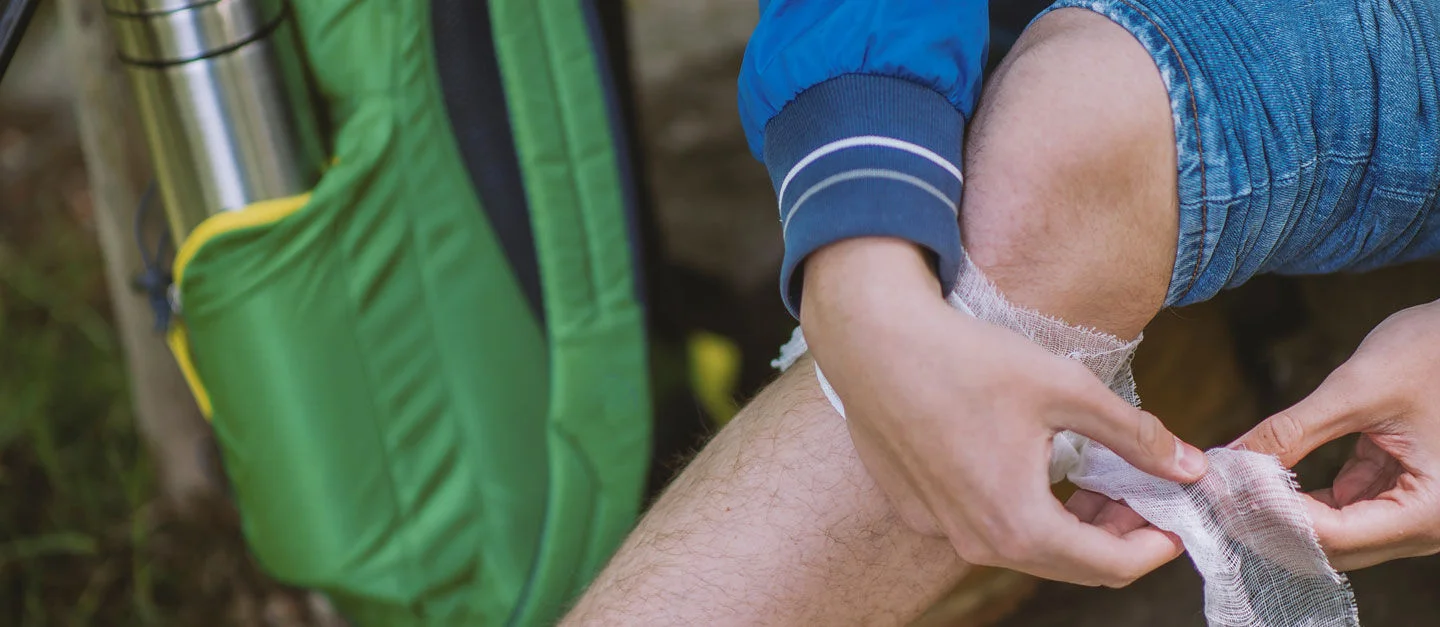Mobility
Camping holidays in Switzerland.
Campsite or wild camping: which to choose and what to watch out for.
The camping boom in Switzerland is bigger than ever. We talked with our partner Vanlife Explorer Schweiz about the most important differences between staying in a campsite and the ever more popular wild camping.
Going on a trip in your own camper van is a popular holiday plan. Travelling with a motorhome, a bus you have renovated or a caravan offers a lot of variety and is a nature-filled adventure for all ages. Coronavirus has also led many to discover this type of travel for themselves and rent or even buy a camper van. See also the SRF “10 vor 10” report.
Advantages of campsites for families
Campsites are popular for holidaying close to nature with the whole family. Your own vehicle offers a comfortable living space, and the individual pitches have enough space to spread out and get out the camping table and deckchair for sunbathing. Showers, hot water and meals from the campsite restaurant also mean additional amenities for the family and complement the holiday perfectly. All in all, campsites are a place to be close to nature while not having to do without the usual everyday items.
Campsite fans love making use of these amenities, especially when travelling with children. They can wash dirty clothes or take advantage of activities for children offered by the campsite. Children also find new friends to play with, meaning lasting memories of holidaying at the campsite. Unlike wild camping, this gives parents more time to themselves and makes camping holidays more relaxing and restful for the whole family.
Covid camping ban encouraged wild camping
The late reopening of individual campsites after the pandemic meant Swiss camping fans fell back on an alternative: wild camping. Campers use car parks, mountain passes or isolated parking spaces in the great outdoors to camp with a vehicle, or pursue “van life”.
Wild camping using self-modified and often inconspicuous camper vans is particularly popular. However, more and more large motorhomes were seen trying out wild camping for the first time after the pandemic.
Disadvantages of wild camping in Switzerland
As many first-timers were now daring to sleep away from campsites, there were also more problems during this time. Many are unfamiliar with the etiquette of wild camping and do the same things they would on a campsite:
- Setting out chairs, tables and paraphernalia outside the vehicle
- Putting out the awning
- Spreading out outside the vehicle: barbecue, dog blanket, deckchair, etc.
- Emptying the waste water tank just anywhere
- Leaving behind rubbish
- Loud music
- Going to the toilet just anywhere
- Driving on any meadows or natural spaces
These types of behaviour are not appropriate when wild camping. Wild camping is often merely tolerated and is not explicitly permitted. Many wild campers forget this and spread out in the great outdoors – as they would at a campsite.
This can lead to disagreements and discontent. These types of behaviour also disturb the flora and fauna, and people living in the area.
Considerate wild camping
To ensure that you can still camp in a natural setting with the whole family, you should take a few things into consideration:
- No wild camping in nature reserves, national parks, hunting areas and quiet zones for wildlife
- Pay attention to “no camping” signs
- If an area is busy, keep driving and look for somewhere else
- Do not drive on meadows without permission
- It’s also extremely important to be discreet: don’t put out chairs, tables or awnings
- Talk to locals and passers-by and ask if wild camping bothers them

“We want to encourage conscientious travel and maintain wild camping – van life – for as long as possible. Alongside educational work with themed presentations and meetings, the association also does charitable work such as rubbish collection campaigns.”
Education ensures sustainability
As mentioned, etiquette is particularly important for wild camping. Because wild camping can certainly be practised conscientiously and with great respect for nature and the environment. For this to work, the educational work of associations such as our partner Vanlife Explorer Schweiz is paramount.
Sarah Allmayer, president of the association, talked us through its agenda. It regularly holds meetings, both to offer a platform for like-minded wild campers and to present important topics and clean up littered areas.
Summary
Etiquette when wild camping and staying on a campsite is very different. Although “camp” is used in both terms, they mean very different things. Staying on a campsite offers more amenities and a holiday close to nature in combination with conventional everyday comforts. By contrast, wild camping only involves the essentials. This is because it is mainly about being close to nature.
Before your planned holiday, you should be clear about your individual needs and decide which type of camping holiday suits you and your family. But campsite and wild camping holidays do have one thing in common: camping close to nature with your loved ones.
The Vanlife Explorer Schweiz Association
The Vanlife Explorer Association was founded in 2020. Members share a passion for van life, camping and exploring nature. Whether they have modified a vehicle themselves, are roof tent enthusiasts or motorhome owners, the club is wide-ranging and open to all adventure lovers.
Suitable insurance products









 Contact
Contact
 Find an agency
Find an agency









 Close
Close





